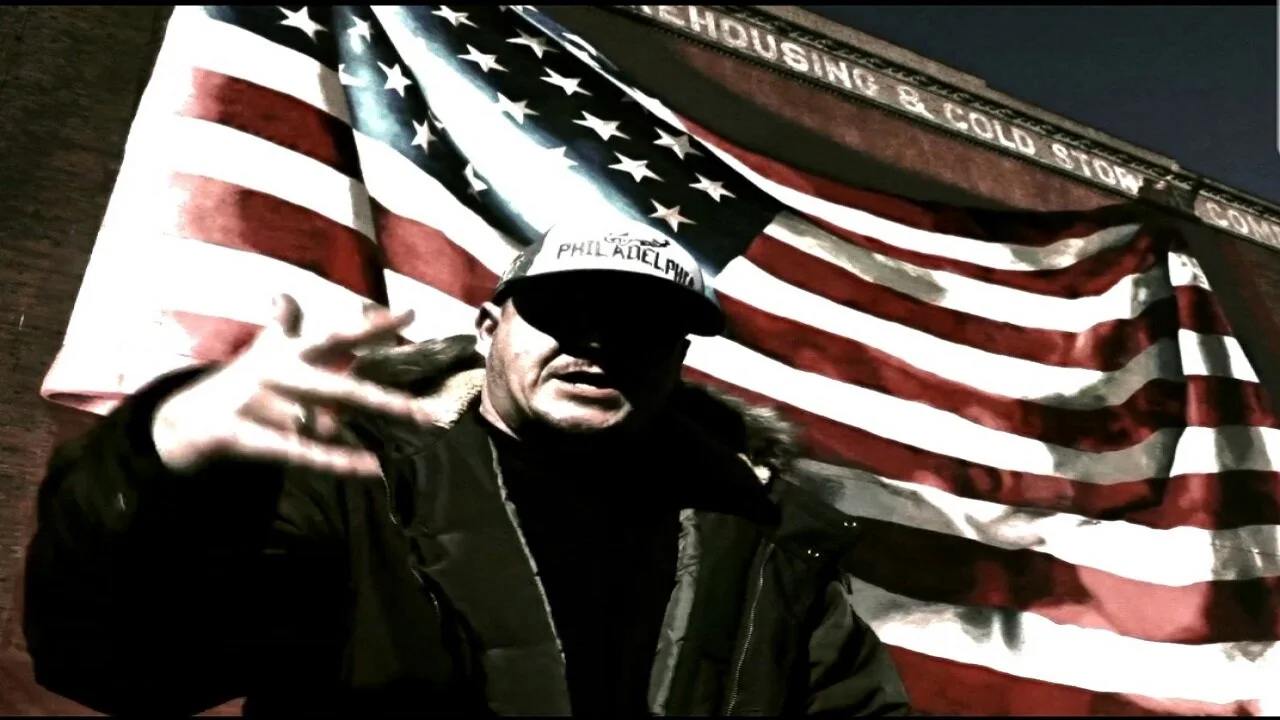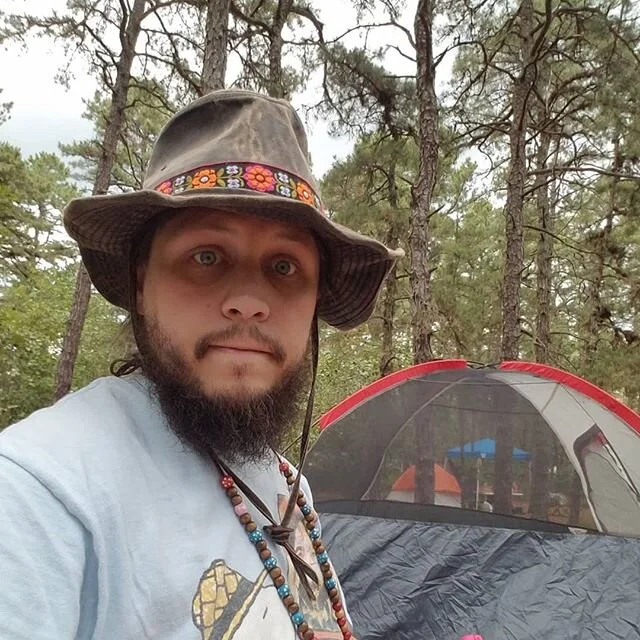Excerpt from The Rise of the COVFEFE
By James Feichthaler
Our wrath is felt all over this damned globe,
From Wuhan to New York to Southern Cali!
From Rome to Egypt, like the trials of Job,
At every Black Lives protest, march, and rally!
Felt like a hernia or a ratings-tally
That Emperor Biff Tweets out (on rare occasions)
To get more likes, more looks from neighboring nations.
Felt like a gut-punch, with each dashcam blunder
That shows another thug shot from behind!
Or with his hands up, screaming out in terror!
Or tear-gassed, tased, kicked, bludgeoned, going blind!
Or sprinting down the avenue (like the wind)
To avoid our SWAT of shotgun-carrying ghouls,
Like Usain Bolt dashed when he ran the jewels.
All in your feels, your rawest of emotions,
Your thoughts, your prayers, your teary-eyed emojis!
Your pleas for peace, your wild ‘defund them’ notions,
Which make us laugh so hard we have to cheek-squeeze
To hold shit in! You libtard fucking hippies
Wouldn’t last two minutes without laws or coppers!
Soft as the sturgeon eggs we spread on crackers,
As a baby’s bottom, velvet, silk pajamas,
A supermodel’s perm, some melting Gouda,
A bed of feathers, dog shit, shampooed llamas,
The felt-smooth petals of a spring Begonia!
Like a mako circling an injured tuna,
The wolves would sniff you out (in these cold waters)
So fast you'd wish your bitch-ass took our orders.
What got you into poetry? And why do you continue to write it?
My earliest memory of poetry affecting me in a major way is when I first read William Blake’s ‘The Tyger’. The gorgeous phrasing of the first stanza in the poem sucked me in, and the fearful symmetry of Blake’s words have stayed with me since. I’d say it was about a year or so later, when hip-hop music and Shakespeare strutted their way into my life around the same time, during my sophomore year in college, that I really became intrigued with poetry and started paying close attention to the craft -- how certain poets/MCs put words together, and how creatively and powerfully they used their words to express what they were feeling at a particular moment in time.
I wrote poetry, and continue to write it, because it’s in me I suppose -- it calls to me, night, day, 4 a.m., 6 a.m., midday, at sunset, when I’m on the crapper, in the shower, standing in line at the grocery store. At times, it’s therapeutic; at other times, it’s a way of staving off the madness of everyday life. I also think that the creativity aspect of poetry, the natural high of writing that lends itself to the unexpected, makes it something very alive for me and new and beautiful at the start or finish of every poem; even in the creation of certain phrases, lines, words, etc. It’s all gravy and thrilling, and maddeningly, joyously, deliciously challenging, and gratifying when it comes.
How do you start a poem? What does your process look like when that all-possible-blank-page is in front of you?
For me, the poem usually begins with hearing the music of the first line or two in my head, then going for it. If I think too long or hard on a subject and sit down to write ‘the poem’, it never arrives. I might be looking out my window at some squirrels chasing each other around the yard, or staring up into the sky, or sitting at the bar when the inspiration comes; any place really, when a new idea or line for a poem will reveal itself to me. I have half-jokingly called the poet ‘The Great Regurgitator,’ in that the juiciest bits of writing that find their way into a poet’s work are usually the bits and pieces of his or her life that have been brewing in the bowels of memory and subconscious for quite some time. The act of writing is a revisiting of thousands of conversations, thoughts, emotions, words never spoken, feelings never expressed; a very primal and sudden reflex to all these swirling together in some forgotten dungeon of the soul that causes poetry to spill out gloriously at the moment of composition -- sometimes a bit messy in expression, but always on point and real if the poet is being honest about life experience.
You are a musician as well as a poet. How does music inform your poetic voice?
As far as the written word goes, each poet has a natural music or rhythm within that is unique to him/her alone, and that natural rhythm in me is what I roll with in everything I write. Where rap poetry is concerned, when I hear a beat for the first time, the vibe of the music can often determine what type of song I’m going to write. For instance, if the beat is dark and gloomy, with a heavy bassline and a chillingly-haunting piano dancing through it, it would most likely inspire me to write something serious and introspective. If the beat runs at a faster clip and has a high-pitched horn in it or a triumphant string sample carrying the music along, it might stir some inspirational verses in me, or cause me to get super creative with the wordplay.
I like to write most of my rap verses when I’m in the studio, especially when creating a song from scratch, which is how Sean Bombz (who produces all my music these days) and I like to work. When Sean plays me something back through the speakers that strikes a nerve, no matter where we’re at in the process of creating a song, I’ll ask him to put the music on a continual loop and begin writing to it. When the initial jolt of inspiration that the music sparked in me is gone, it’s tough to get it back and write to the same song again at a later date, even if it’s just a day or two down the line when I return to the studio. This is why I try to bang all my verses out in the same session, and record them all too if I can.
In your new book, The Rise of the Covfefe, you wrote the entire epic poem in iambic pentameter. How did you decide on this meter? Was there ever a point when you thought of straying from it? How did you keep it going?
In getting my poetic chops ready to step into the ring with the COVFEFE, I went back to the classics: Byron’s Don Juan, Shakespeare’s The Rape of Lucrece, and Keats’ longer poems were always close by. I feel like it was almost a subconscious choice choosing Shakespeare’s stanza form in Lucrece that started the poem off, and I just ran with it. Never thought of straying from the stanza form or its meter, as the COVFEFE warned me ‘not to’ under penalty of death. They threatened to tase me in Times Square with a wire that stretched down from one of their corporate suites, and to broadcast this barbarianism internationally.
How did I keep the poem/meter going?
Insomnia and beer...and a true fear of never finishing the damned thing before the election.
You host the Dead Bards of Philadelphia readings and open mics? What are your favorite things about live poetry performances? What advice would you give to first-timers?
My favorite things about hosting Dead Bards readings and attending live performances, in general, is that I get to meet a lot of fine people who are genuinely serious about their craft, and sometimes there’s even food and wine at these events. I also like it when it’s my turn to read and four or five people in the audience have already left because who they came to hear is done reading and they have to rush home to watch The Masked Singer.
My advice to first-timers sharing their work is this: watch, study, listen, learn, and work hard at your craft. Pay attention to the audience’s reaction to your work. Is it a real response you’re getting when you read, or a contrived one? Read confidently, and know that everyone else who read their poetry before you that evening, at whatever event you’re at, was also pissing their pants to some degree before they read but very good at not showing it. Don’t expect anything from anyone in the poetry biz, but when someone offers help, take it. When someone tells you they don’t like your poem, take it. When someone gives you advice, take it…with discretion. When someone tells you they love your poem, take it…with discretion. Rejection upon rejection will come, with some takers, so always believe in yourself. Speak loudly and proudly, and carry a big Bic
Where can readers find more of your work? Buy your book?
I have a few poems up on the Web, with a poem most recently published in ONE ART. At this moment in time, however, I would recommend people purchase my book The Rise of the COVFEFE if they would like to discover more of my work; there’s 47 pages of it right there. If you don’t like the first page, burn it. If you don’t like the second page, burn it. If you don’t like the book, after 20 reads, burn it. If you do happen to like my book, share the link with your friends online somewhere or via text, or buy a copy for them. I don’t think people realize how crucial social media word-of-mouth is to a writer’s survival these days, and how essential one good word or two can be for one’s reputation as an artist. One share of a link can lead to two or three book sales; it’s that simple.
My book is available for purchase at Amazon, where paperback and Kindle versions abound.
You can also you can shop Philly-local and purchase it from The Spiral Bookcase, who is carrying my book on their website.
James Feichthaler is the author of The Rise of the COVFEFE (recently published by Parnilis Media) and hosts The Dead Bards of Philadelphia, an open mic poetry reading series that takes place once a month at The Venice Island Performing Arts Center in Manayunk, PA. With a sharp focus on politics, humanity, and the chaos of the world we live in, Feichthaler's epic poem The Rise of the COVFEFE addresses the seriousness of these divided times with a brutal honesty and sharp humor, and the dark undertones that haunt its stanzas speak to the frail uncertainty of a society unhinged.
Catfish” John Wojtowicz grew up working on his family’s azalea and rhododendron nursery in the backwoods of what Ginsberg dubbed “nowhere Zen New Jersey.” Currently, he works as a licensed social worker and adjunct professor. He has been featured in the Philadelphia based Moonstone Poetry series, West-Chester based Livin’ on Luck, Mad Poets Society, and Rowan University’s Writer’s Roundtable on 89.7 WGLS-FM. Find out more at: www.catfishjohnpoetry.com.



